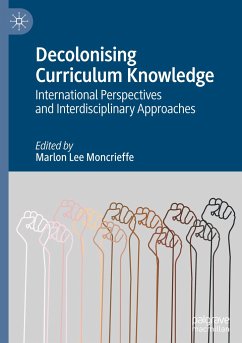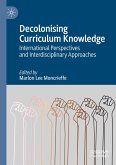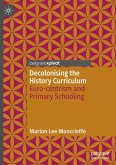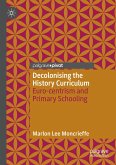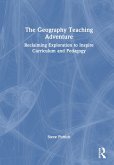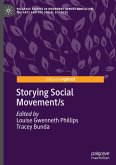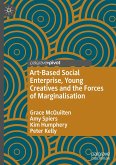This book offers a unique blend of writing from a broad range of international perspectives, showing interdisciplinary research approaches to decolonising curriculum knowledge. With a focus on the intellectual, emotional, economic, and political reversal of colonial injustices, the decolonial research and writing in this book challenge dominant viewpoints and assumptions of curriculum knowledge by amplifying and disseminating the knowledge and perspectives of peoples that curriculum knowledge has historically silenced and marginalized. The chapters in this book allow the reader to learn from the historical, social, political, cultural, and educational contexts of the UK, Nepal, South Africa, Namibia, Australia, Colombia, Canada, Thailand, Mauritius, Poland, Russia, Norway, and the Netherlands. This internationality provides the reader with a multitude of research themes and critical analytical perspectives for seeing how epistemic power permeates as cultural imperialism in educationpolicies and practices across the world.
Bitte wählen Sie Ihr Anliegen aus.
Rechnungen
Retourenschein anfordern
Bestellstatus
Storno

